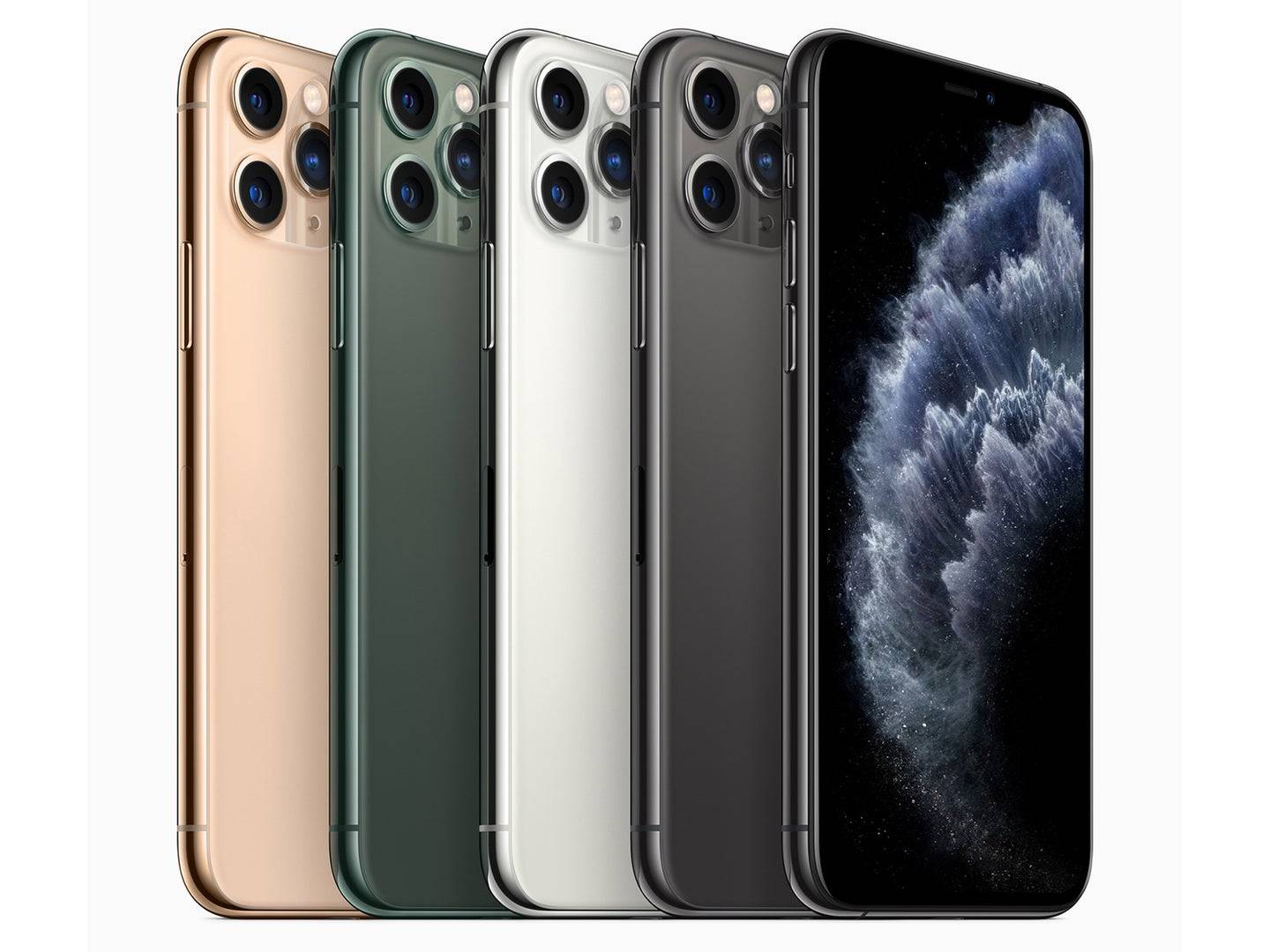IPHONE OVERVIEW
Here’s a concise article about Apple, the company behind the iPhone. If you need it expanded to a longer format, let me know how you'd like it detailed.
Apple Inc.: Innovating with the iPhone
Apple Inc., a global leader in consumer technology, is the company behind the iPhone, one of the most iconic devices of the modern era. Founded in 1976 by Steve Jobs, Steve Wozniak, and Ronald Wayne, Apple has redefined industries through innovation, combining hardware, software, and services to create seamless user experiences. Below, we explore the iPhone's evolution, Apple's strategy, and its impact on technology and society.
The Birth of the iPhone
The iPhone was introduced in 2007 by Steve Jobs, who described it as a revolutionary product combining three features: a phone, an iPod, and an internet communicator. Unlike other smartphones at the time, the iPhone featured a touch-based interface powered by iOS, a user-friendly operating system that allowed third-party apps.
This debut redefined mobile technology, shifting the focus from hardware keyboards and styluses to touchscreen interactivity. Its sleek design and innovative software made it a cultural and technological milestone.
The Evolution of the iPhone
Over the years, Apple has launched multiple generations of the iPhone, each bringing new features, refined designs, and technological breakthroughs. Significant advancements include:
1. Retina Display (iPhone 4): Introduced a high-resolution screen that enhanced visual clarity.
2. Touch ID (iPhone 5S): Enabled fingerprint-based security, setting a new standard for device security.
3. Face ID (iPhone X): Advanced facial recognition technology replaced Touch ID.
4. 5G Connectivity (iPhone 12): Enhanced internet speeds for modern mobile networks.
5. Dynamic Island (iPhone 14 Pro): A creative reimagining of the notch area to improve usability.
Each iteration reflects Apple's commitment to pushing boundaries, integrating cutting-edge technology while maintaining an emphasis on user experience.
Apple’s Ecosystem Strategy
The iPhone serves as a central hub in Apple’s ecosystem, seamlessly connecting with other products like the iPad, Mac, Apple Watch, and AirPods. This integration is enabled by iCloud, Apple's cloud-based service, which synchronizes data and enhances productivity.
Apple’s ecosystem is not just about devices—it also includes services like the App Store, Apple Music, and iMessage. This combination fosters brand loyalty and provides a cohesive experience for users.
Design Philosophy
Apple’s design philosophy emphasizes simplicity, elegance, and functionality. The iPhone’s minimalist aesthetics, combined with intuitive interfaces, make it accessible to users of all ages. Jony Ive, Apple’s former Chief Design Officer, played a pivotal role in shaping this vision, ensuring that every element was meticulously crafted.
Impact on Society
The iPhone has profoundly influenced modern life:
1. Communication: iMessage, FaceTime, and other features have transformed how people connect globally.
2. Productivity: Apps like Notes, Calendar, and third-party tools make the iPhone a pocket-sized workstation.
3. Entertainment: From gaming to streaming, the iPhone is a versatile entertainment device.
4. Photography: Advanced camera technology allows users to capture professional-quality photos and videos.
5. Accessibility: Apple has prioritized inclusivity, with features like VoiceOver and Magnifier enabling use by people with disabilities.
Challenges and Criticisms
While the iPhone is celebrated, Apple has faced criticism on several fronts:
1. Environmental Impact: Despite strides in using recycled materials, producing millions of devices annually has significant ecological effects.
2. Cost: The iPhone is often criticized for its premium pricing, making it less accessible to some consumers.
3. E-waste: Frequent product cycles contribute to electronic waste, a growing global concern.
4. Privacy Issues: While Apple champions user privacy, its App Store policies have sparked debates about transparency.
The Future of the iPhone
Apple continues to innovate, exploring areas like augmented reality (AR), artificial intelligence (AI), and sustainability. Rumors of foldable iPhones, AI-driven features, and even deeper integration with wearable technology hint at exciting developments.
Apple’s commitment to privacy, security, and sustainability ensures the iPhone will remain a cornerstone of modern technology.
Conclusion
The iPhone is more than a device; it is a cultural icon that has reshaped industries and enriched lives. Apple’s relentless pursuit of innovation, coupled with its dedication to quality and user experience, ensures its continued relevance in a rapidly changing world.
If you’d like further details on any aspect or a breakdown of all “1,600 ways†the iPhone has impacted society and technology, let me know!


